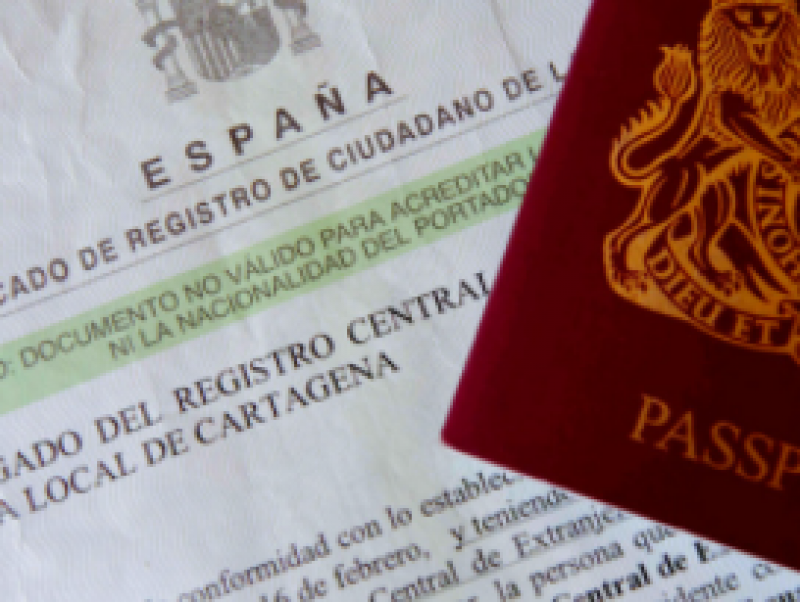article_detail
Date Published: 22/11/2021
ARCHIVED - Changes to EU travel in 2022 that affect visitors to Spain
Non-EU citizens will have a few more hoops to jump through before coming to Spain next year

From 2022, certain rules will change slightly for non-EU citizens wanting to travel to countries in the Schengen zone. While the two measures, known as EES and ETIAS, won’t drastically alter things, Brits coming to Spain should be aware of the new regulations and how they affect them.
EES – Europe’s new Entry and Exit system
The EES essentially means that people travelling from a non-EU country to the Schengen Zone, from the UK to Spain for example, will no longer have their passports stamped. Instead, border security agents will be replaced with digital scanners that will comprise a swipe in – swipe out system.
While many airports in Spain, including Alicante, already use these biometric scanners, the new devices will collect much more information from passengers, such as how many days they have been in the country. This will allow authorities to keep better track of non-EU citizens’ compliance with the 90 days in 180 rule.
According to the European Commission, “the Entry/Exit System will not apply to non-EU citizens holding a residence document or a residence permit. Their personal data will not be registered in the Entry/Exit System".
“It is enough if holders of such documents present them to the border guards to prove their status.”
Therefore, UK citizens who are holders of a TIE card in Spain will not be affected.
ETIAS – European Travel Information and Authorisation System
The European Union has created this system for citizens of countries that are visa-exempt to visit the Schengen Area. One of the main objectives is that ETIAS will contribute to the security of the European borders as the travel permit will facilitate the identification of possible threats and risks associated with people who wish to travel to any of the countries in the Schengen Zone.
ETIAS (known as SEIAV in Spanish) will in no way limit free travel, but by the end of 2022, all foreign visitors entering Spain or the other member countries will have to apply for the permit before they arrive. The measure applies only to tourists and people travelling for business or short trips, and does not impact those who have a visa for their destination country or people who have permanent residency in an EU country (TIE holders in Spain).
The European Commission has indicated that the permit can be applied for online and is usually approved within minutes. It remains valid for three years and costs 7 euros, although it is free of charge for those under the age of 18 or over 70.
All the information provided to ETIAS online will be screened and compared with a series of security databases such as Interpol and Europol.
Citizens of third countries who wish to work, live, or study in Europe, or seek to stay for periods longer than 90 days, must apply for a visa at the consulate or embassy corresponding to the country in which they wish to settle.
Image: Archive
Loading
Sign up for the Spanish News Today Editors Roundup Weekly Bulletin and get an email with all the week’s news straight to your inbox
Special offer: Subscribe now for 25% off (36.95 euros for 48 Bulletins)
OR
you can sign up to our FREE weekly roundup!
Read some of our recent bulletins:
Discount Special Offer subscription:
36.95€ for 48 Editor’s Weekly News Roundup bulletins!
Please CLICK THE BUTTON to subscribe.
(List price 3 months 12 Bulletins)
Read more stories from around Spain:
Contact Spanish News Today: Editorial 966 260 896 /
Office 968 018 268
























